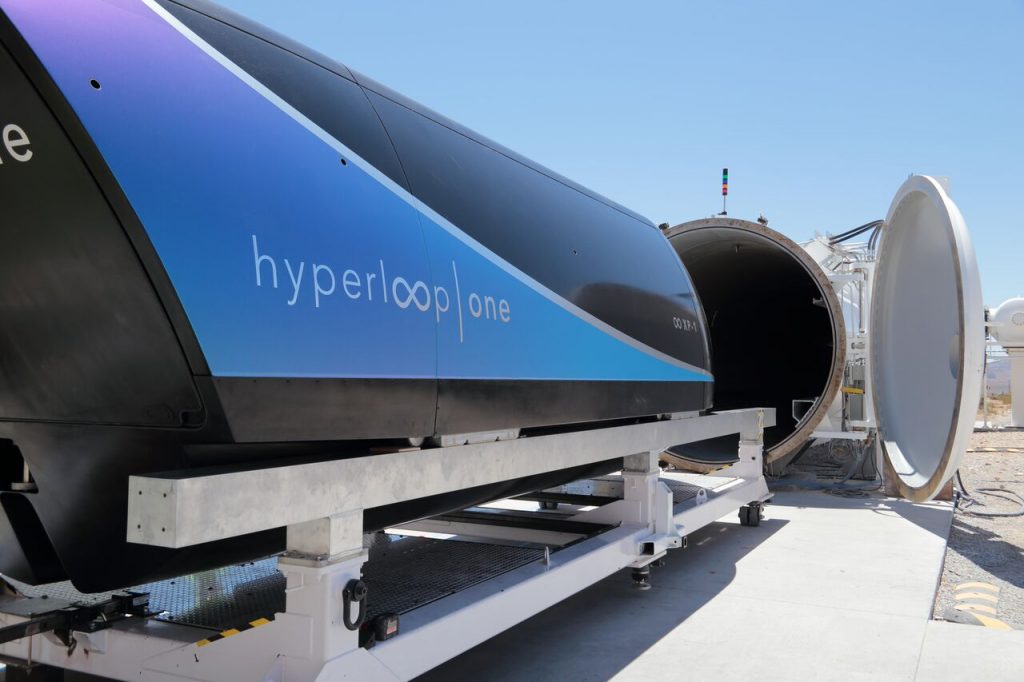
Elon Musk made a few announcements over the weekend, including some updates on the Hyperloop pod. During the next phase of testing, the vehicle will be accelerated to half the speed of sound and then attempt to stop within a total distance of 1.2 kilometers.
Achieving such high speeds over a short distance will undoubtedly place the Hyperloop pod under significant stress. Even Musk has his own skepticism, saying that it “could easily end up being shredded metal,” but finds the concept of rapid transit to be fascinating.
In previous tests by other entrepreneurs, the Virgin Hyperloop One managed to reach a top speed of 192mph and stop in less than 440 meters or slightly over a quarter of a mile. Doubling the speed and upping the distance by a factor of three provides enough room for a possible success, but there is good reason for questions to be raised.

Not only does raising speed increase temperatures and forces that a pod must endure, the amount of power required to hurdle the capsule down a tube will be significantly increased. During the last record breaking attempt in August 2017, it took over 2.3 megawatts of power. This next test could require exponentially more power, potentially up to 10MW or more.
Although Musk declined to provide an exact date for testing, progress is still evident on the Hyperloop project. The Boring Company is working in Maryland on a tunnel that could eventually be used as part of a Hyperloop transit system. The end goal is to reach speeds nearing 800mph and shuttle people between Washington D.C. and New York City in under 30 minutes.
 iTechBahrain Information Technology Digital Marketing Web & Mobile Development Services
iTechBahrain Information Technology Digital Marketing Web & Mobile Development Services